Auditing Report on Ethical Issues and Recommendations - Auditing 1
VerifiedAdded on 2021/12/17
|5
|753
|72
Report
AI Summary
This report analyzes several ethical issues encountered in an auditing scenario, referencing APES 110 guidelines. It identifies concerns related to audit fees, confidentiality breaches through outsourcing, potential conflicts of interest involving an audit associate, and the provision of non-audit services. The report meticulously examines each issue, citing relevant sections of APES 110 to support its claims. It then provides specific, actionable recommendations to address each ethical concern. These recommendations include the need for fee revisions, obtaining consent for sharing confidential information, ensuring thorough background checks and exclusion of conflicted personnel, and careful consideration of the level of non-audit services provided. The report effectively outlines the problems and proposes practical solutions to uphold ethical standards and ensure audit integrity.
1 out of 5
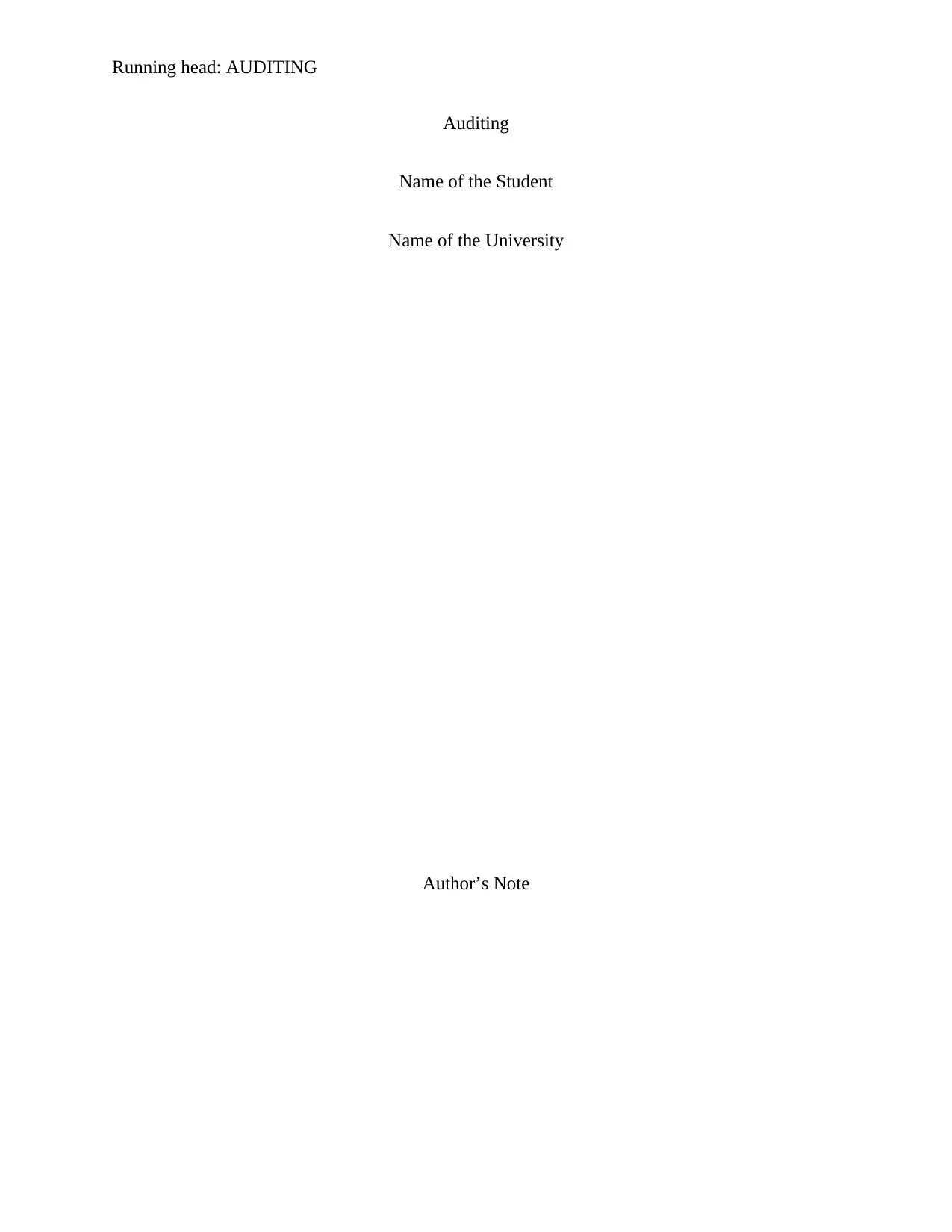
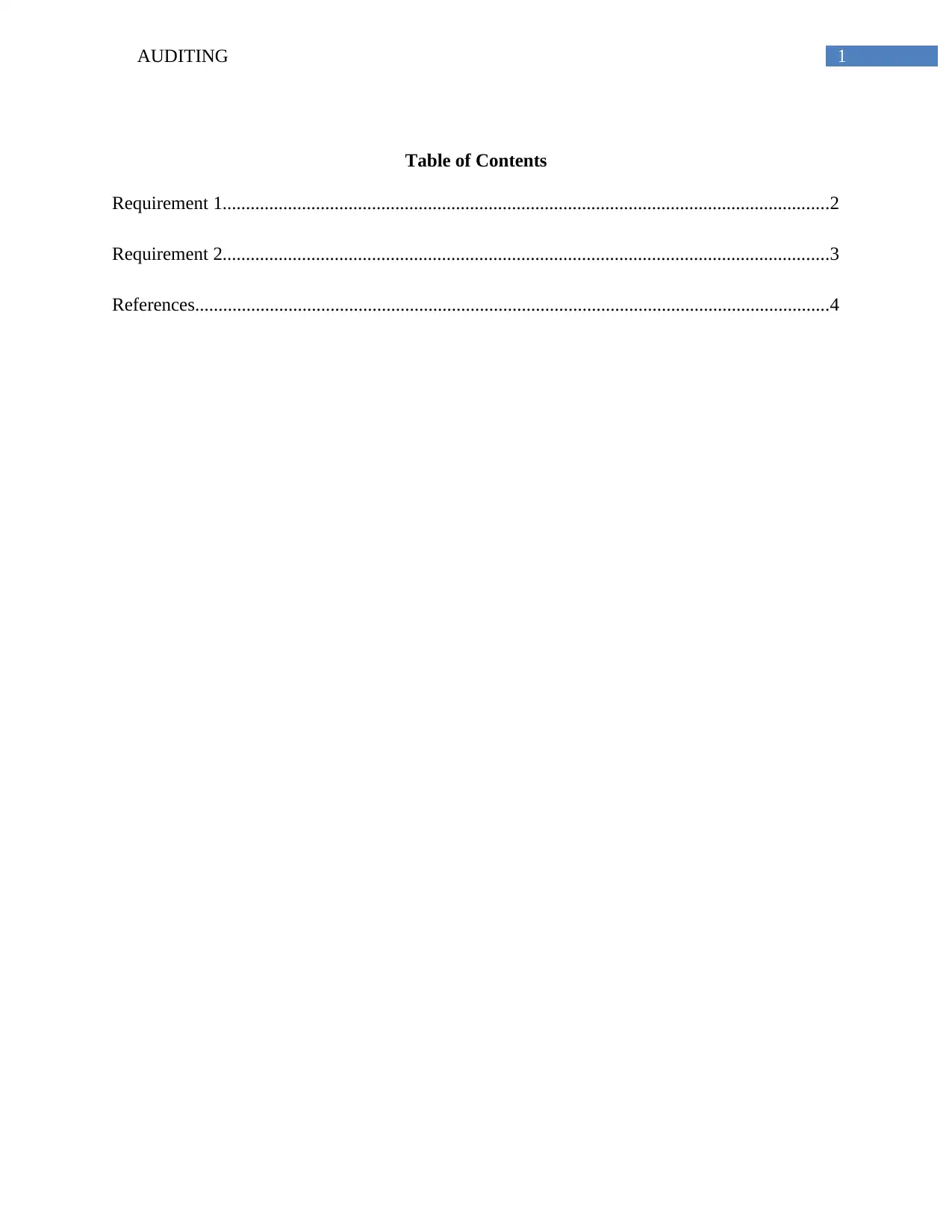
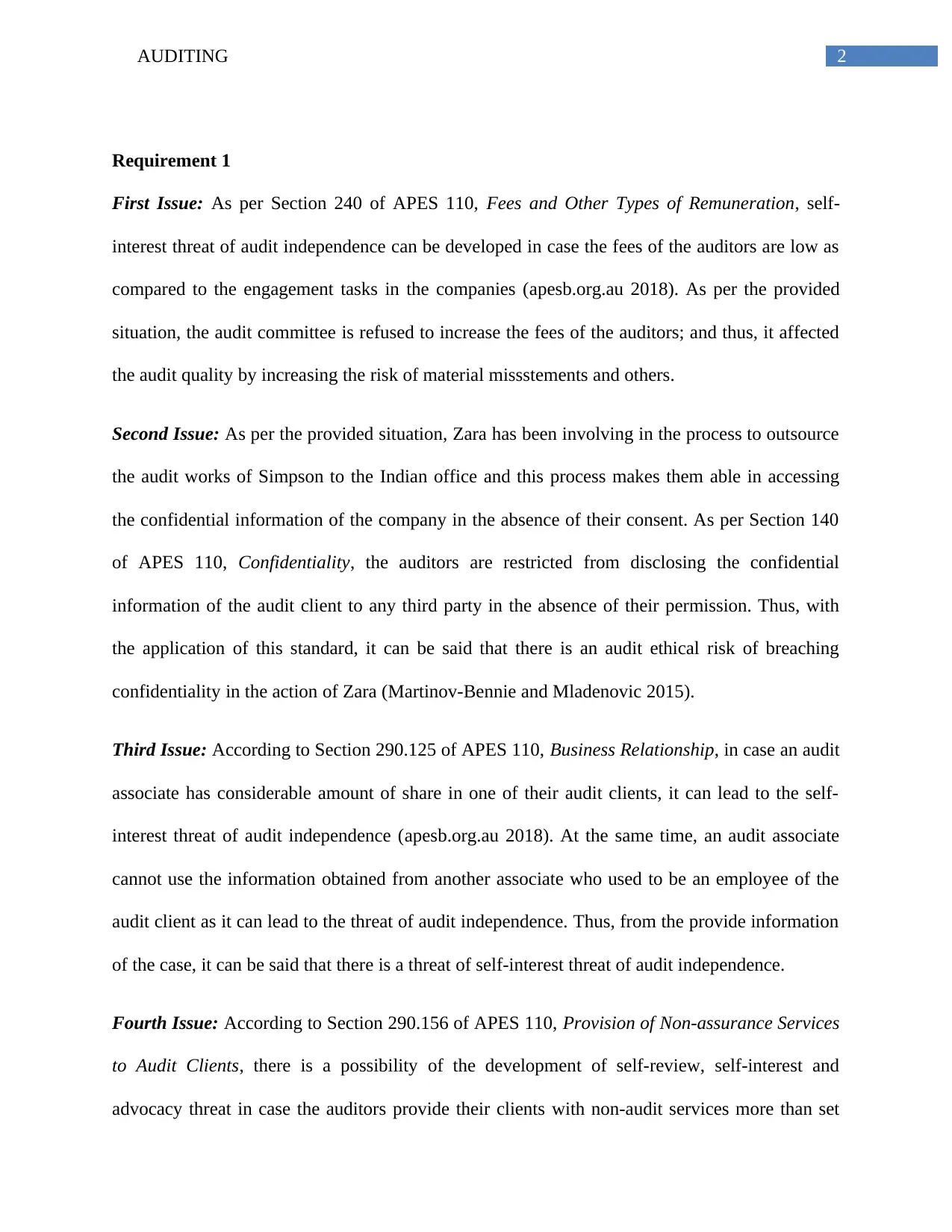

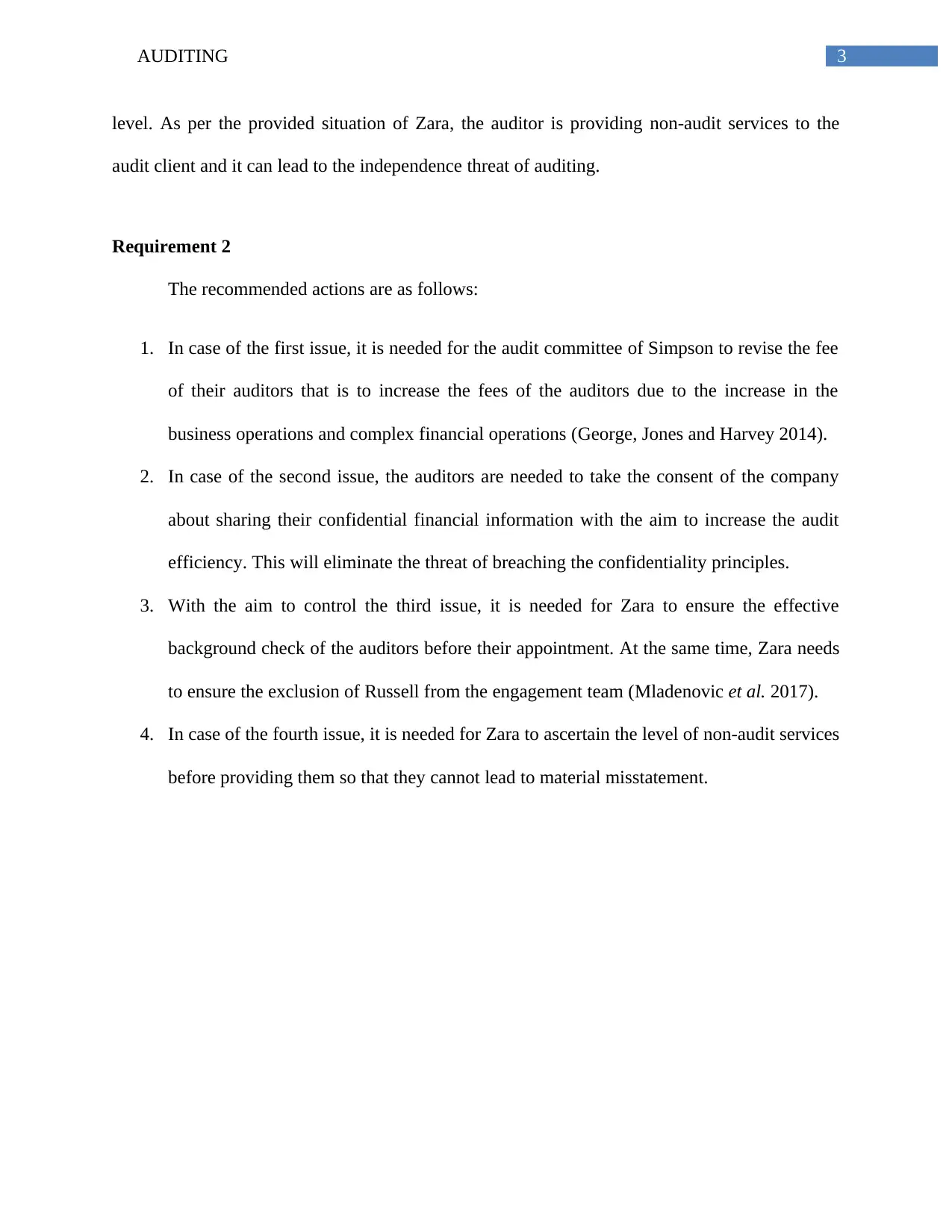
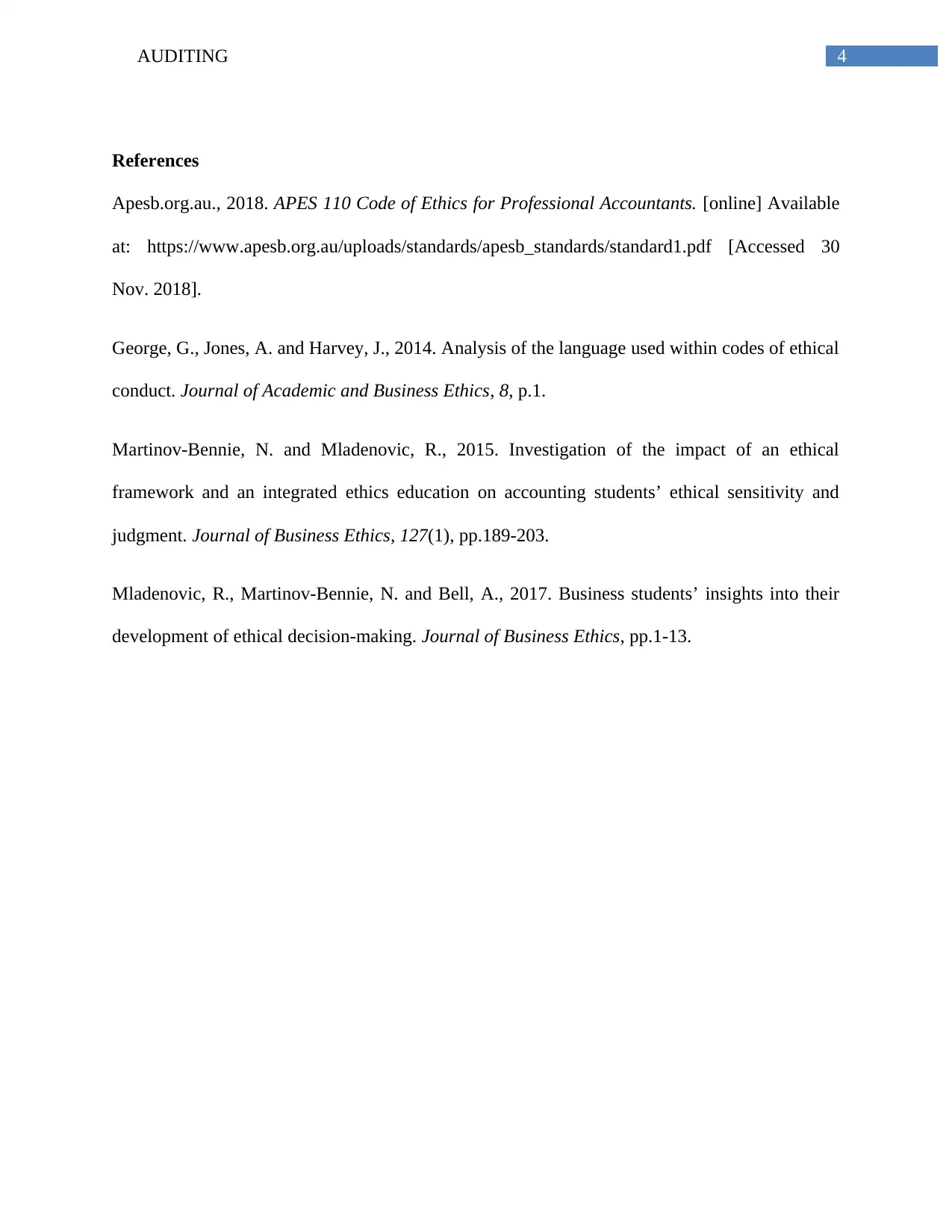






![[object Object]](/_next/static/media/star-bottom.7253800d.svg)